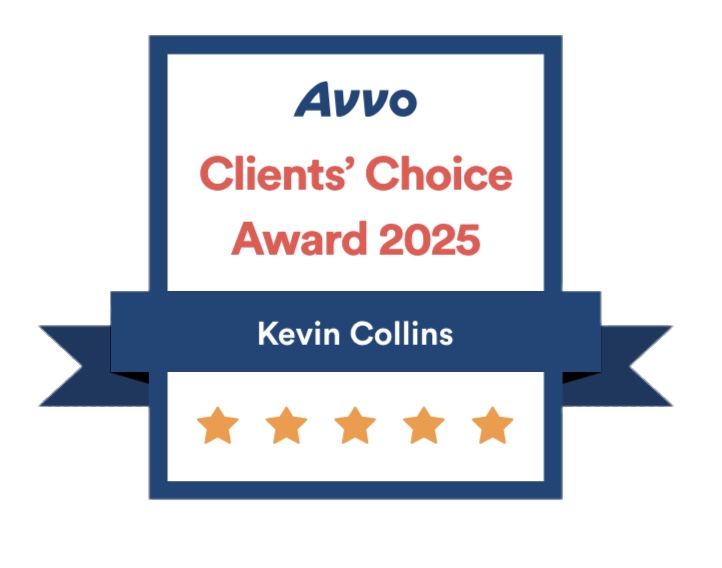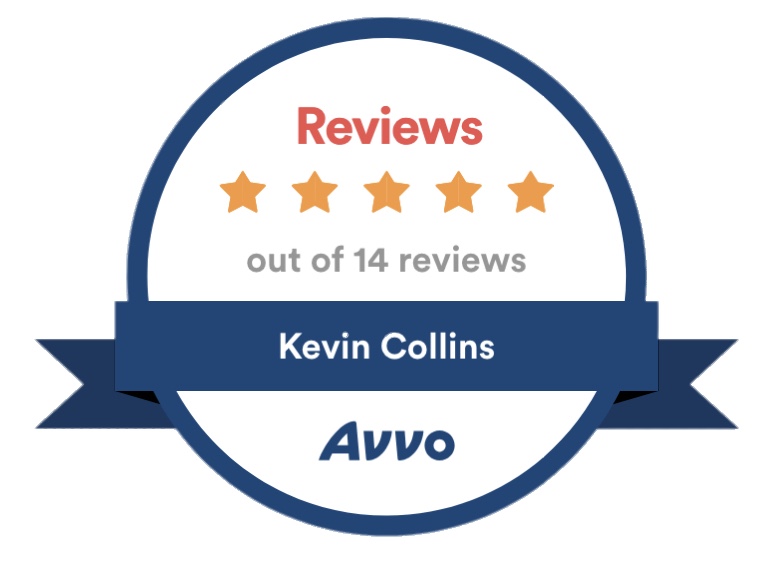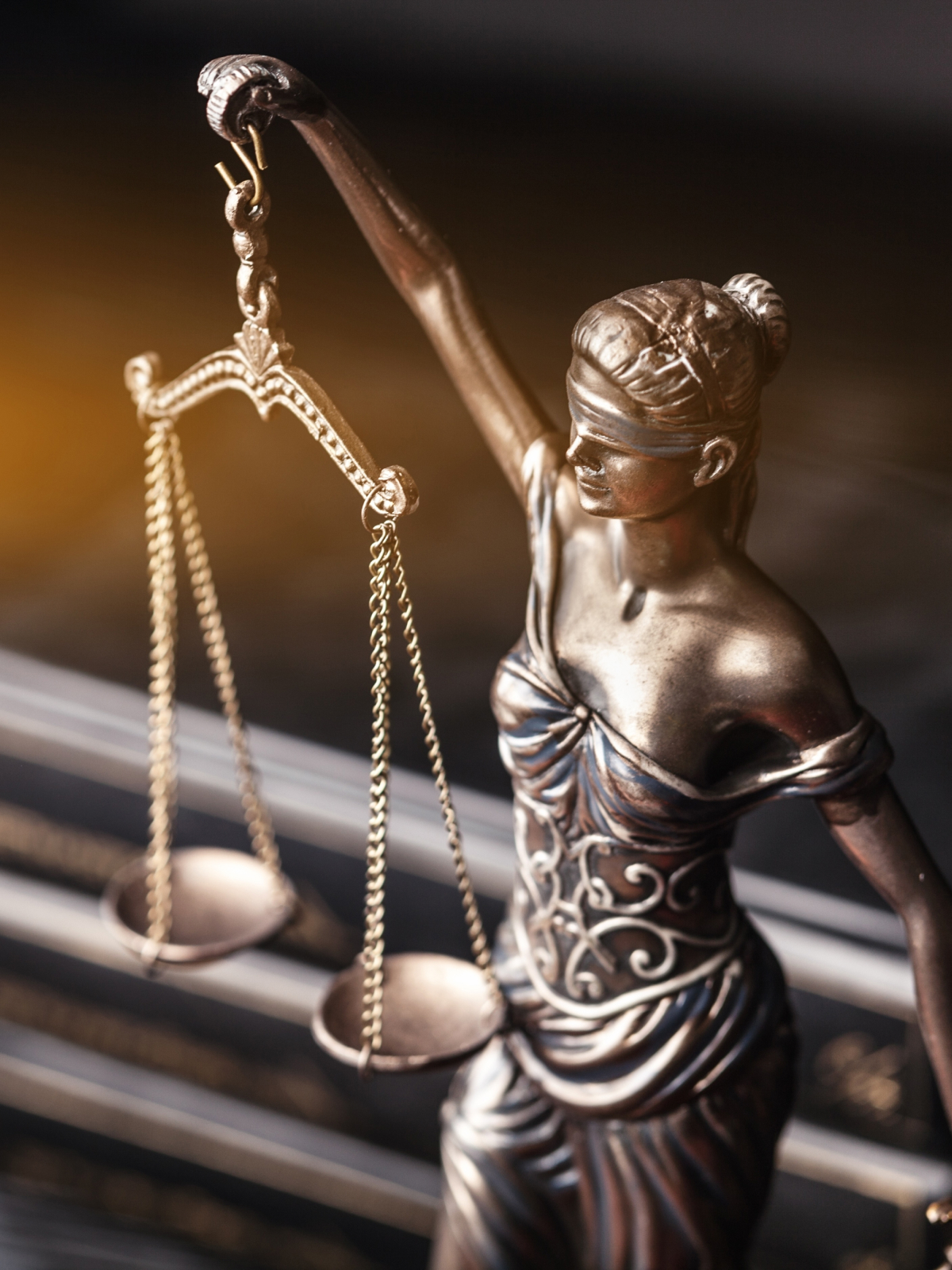Justice You Deserve
5 Essential Questions to Ask When Hiring a Criminal Defense Attorney

By Kevin R. Collins, Esq.
October 2025
Facing criminal charges is one of the most stressful experiences a person can endure. The attorney you choose to hire can make the difference between freedom and incarceration, between a clean record and a criminal conviction. Yet many people rush into hiring the first lawyer they find without asking the right questions. Taking time to vet potential attorneys thoroughly is crucial to securing the best possible outcome for your case.
1) What is Their Experience With Your Type of Case and the Court it is in?
The foundation of any good attorney-client relationship starts with understanding your lawyer’s background and expertise. Criminal law is vast and complex encompassing everything from OUI cases to white-collar crimes to violent felonies. Not all attorneys are created equal in their experience with different types of cases.
Ask potential attorneys how long they have been practicing criminal defense specifically, not just law in general. A lawyer who spent fifteen years in family law before switching to criminal defense last year may not have the depth of experience you need. Inquire about how many cases similar to yours they have handled and what the outcomes were. If you are facing an OUI charge, you want someone who has defended dozens of OUI cases, not someone who primarily handles drug crimes.
Do not be afraid to ask about their track record with cases like yours. While past results do not guarantee future outcomes, a pattern of successful defenses or favorable plea negotiations can provide valuable insight into an attorney’s capabilities. Good lawyers will be transparent about their experience and honest about the challenges your case may present.
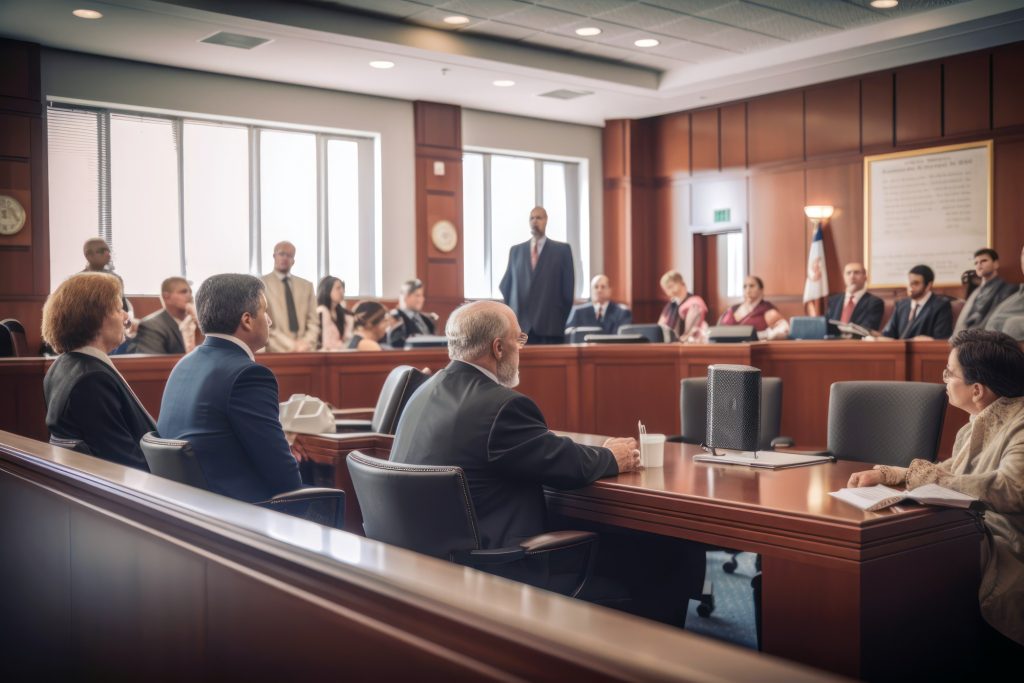
The courtroom is where your case will ultimately be decided, making your attorney’s trial experience critical. Ask how many jury trials they have conducted and how recently they have been in court. Some attorneys primarily negotiate plea deals and rarely go to trial which could be problematic if your case needs to be fought aggressively in court.
Equally important is your attorney’s relationship with the local legal community. Prosecutors, judges, and court staff all play roles in how your case unfolds. Attorneys who are well-respected in the courthouse and have established professional relationships may be able to negotiate more effectively on your behalf. Ask about their reputation with local prosecutors and whether they have appeared before the judge assigned to your case.
2) What Will Their Strategy Be For Your Case?
Understanding how your attorney plans to approach your case is essential. Ask them to explain their initial assessment of your situation, what defenses might be available, and what they see as the likely trajectory of your case. While they cannot predict the future, experienced attorneys should be able to outline potential strategies and explain the reasoning behind their approach.
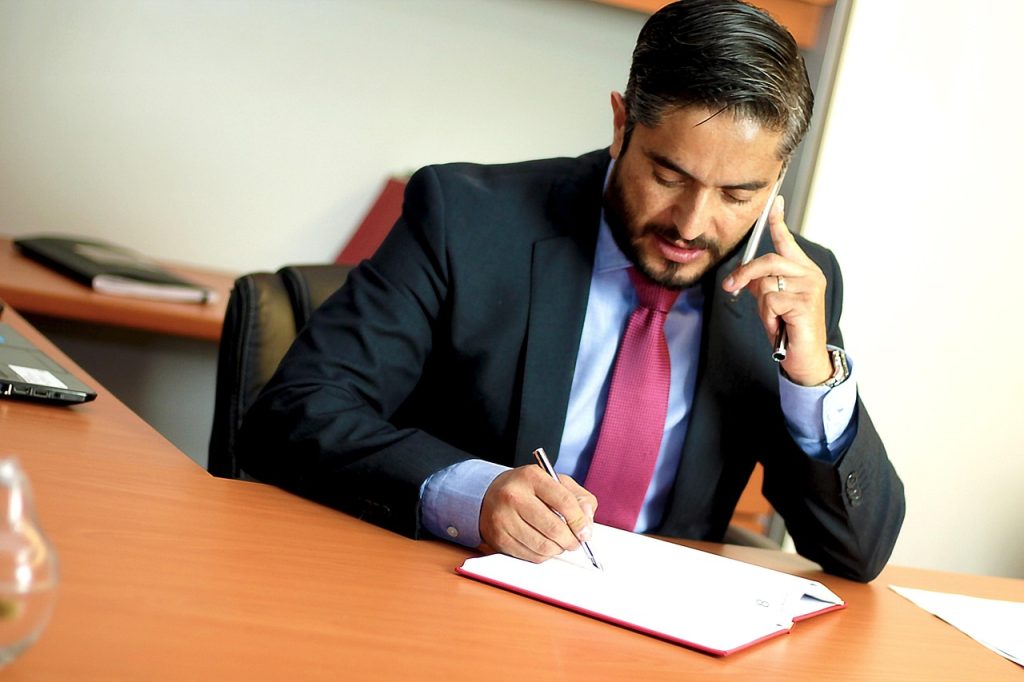
Communication style and frequency are equally important. Criminal cases can drag on for months, and you need an attorney who will keep you informed about developments. Ask how they typically communicate with clients, how quickly they respond to calls or emails, and who else in their office you might interact with during your case. Some attorneys handle all client communication personally while others delegate to paralegals or associates.
Make sure you understand what level of access you will have to your attorney. Will the attorney take your calls directly, or will you primarily communicate through staff? How often can you expect updates on your case? Clear expectations about communication can prevent frustration and misunderstandings later.
3) What Additional Resources Do They Have Available to Them?
Criminal defense often requires more than just legal expertise. Depending on your case, you might need investigators to track down witnesses, experts to challenge scientific evidence, or specialists to analyze digital evidence. Ask potential attorneys what resources they have available and whether they work with qualified experts when needed.

Find out about the attorney’s support staff and office structure. A solo practitioner might provide more personal attention but could be overwhelmed if they handle too many cases simultaneously. A larger firm might have more resources but could treat your case as just another file. Understanding the office dynamics can help you gauge what kind of attention your case will receive.
4) What is Their Fee Structure and What About Additional Costs?
Legal representation is expensive, and criminal cases can involve significant costs beyond attorney fees. Be sure you understand exactly what you will be charged and what services are included in the fee. Some attorneys charge a flat fee for handling your entire case while others bill hourly. Each approach has advantages and disadvantages depending on the complexity of your case.
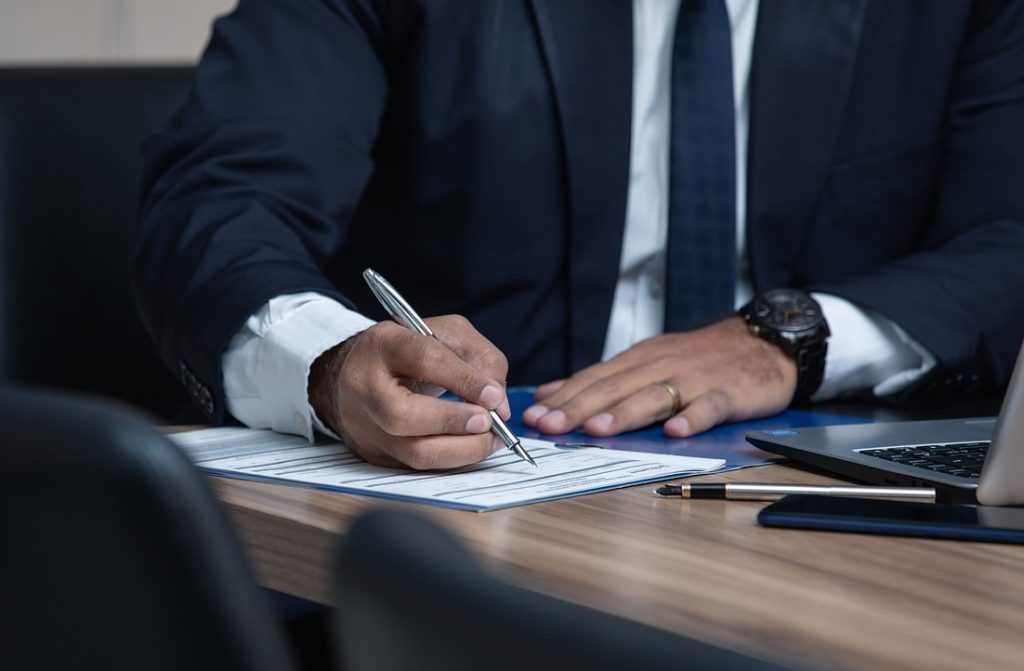
Ask about additional costs you might incur such as fees for expert witnesses, private investigators, court reporters for depositions, or copying charges for discovery materials. Some attorneys include these costs in their overall fee while others bill them separately. Understanding the full financial picture upfront can help you budget appropriately and avoid surprises.
Do not automatically assume the most expensive attorney is the best, or that the cheapest option will provide adequate representation. Focus on value and qualifications rather than price alone. Some attorneys offer payment plans or may be willing to negotiate their fees in certain circumstances.
5) Do They Have Any References You Can Communicate With?
Do not hesitate to ask for references from former clients, though understand that confidentiality rules may limit what attorneys can share. Many lawyers can provide references from clients who have agreed to speak with potential new clients about their experiences. Professional references from other attorneys, judges, or legal organizations can also provide valuable insights.
Check with your state bar association to verify that the attorney is licensed and in good standing. Look up any disciplinary actions or complaints that have been filed against that attorney. While a single complaint might not be disqualifying, patterns of problems should raise red flags.
Making Your Decision
After interviewing potential attorneys, trust your instincts about with whom you feel most comfortable working. Criminal defense is intensely personal, and you need an attorney you can trust completely and communicate with easily. The stakes are too high to work with someone who makes you uncomfortable or whom you doubt.

Remember that the cheapest option is rarely the best when your freedom is on the line, but the most expensive attorney is not automatically the right choice either. Look for someone with relevant experience, a solid reputation, clear communication skills, and a fee structure you can manage.
Take time to make this decision carefully. Your choice of attorney will influence every aspect of your case and potentially the rest of your life. By asking the right questions and thoroughly evaluating your options, you can find an attorney who will fight effectively for your rights and work toward the best possible outcome in your case.
Massachusetts Criminal Defense Attorney Kevin R. Collins has successfully represented hundreds of clients in criminal courts all across Massachusetts. Attorney Collins offers a free consultation, has countless positive reviews for you to consider, and would be happy to speak with you about how best to proceed with your case. Feel free to contact Massachusetts Criminal Defense Lawyer Kevin R. Collins today.



